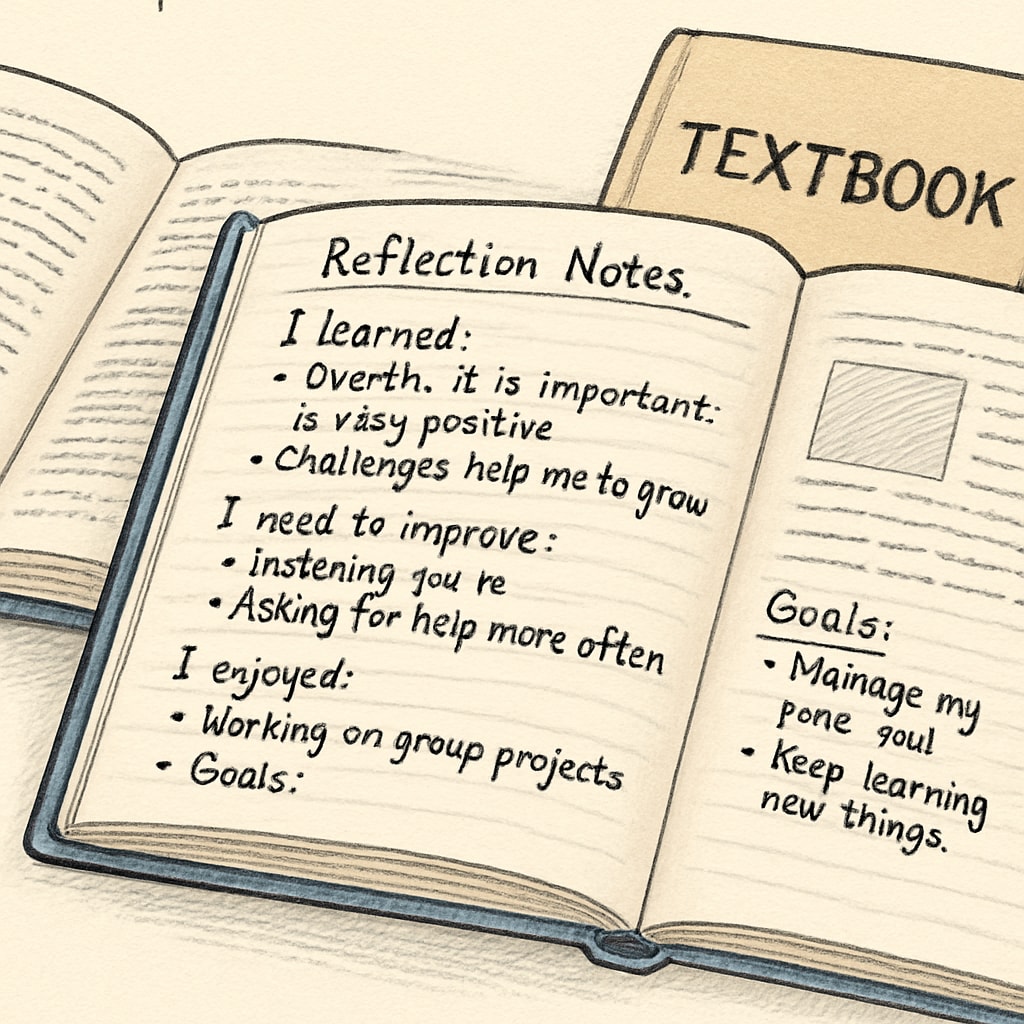Education, critical thinking, self-reflection, and inclusivity form the cornerstone of meaningful higher learning. Universities claim to develop these capacities, but their actual effectiveness warrants examination.

The Laboratory of Thought: How Universities Cultivate Analytical Minds
Higher education serves as a training ground for structured reasoning. According to Wikipedia’s critical thinking overview, this skill involves systematically evaluating information rather than accepting it at face value. Three key ways institutions foster this:
- Evidence-based discourse: Seminars require supporting claims with credible sources
- Problem-solving frameworks: Case studies teach methodical analysis approaches
- Interdisciplinary exposure: Combining perspectives from different fields
Mirror of the Mind: The Role of Self-Examination
Quality education creates space for personal growth through reflection. As noted by Britannica’s education philosophy article, this process involves:
- Regular evaluation of one’s assumptions and biases
- Developing metacognition (awareness of thought processes)
- Connecting academic learning to personal values

Building Bridges: Education as a Tool for Social Understanding
Modern campuses bring together diverse populations, theoretically creating:
- Exposure to differing worldviews
- Opportunities for constructive disagreement
- Shared learning experiences across cultural boundaries
Key question: With rising specialization and vocational pressures, are universities maintaining their traditional role in character development? The answer likely lies in how intentionally institutions design curricula beyond mere information transfer.


